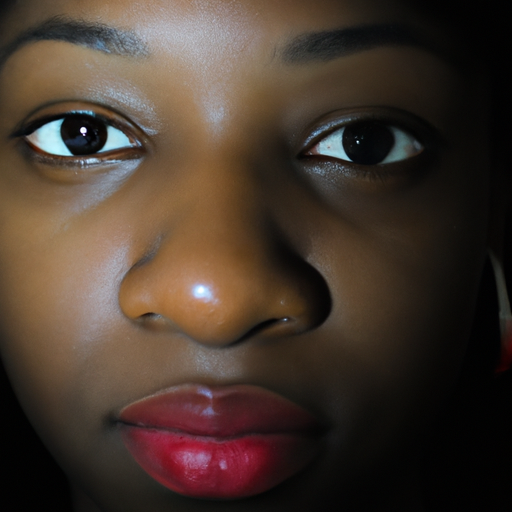The skin, the largest organ of the human body, plays a crucial role in protecting us from external factors such as pollutants, UV radiation, and microorganisms. It also helps regulate body temperature and enables the sensation of touch, heat, and cold. However, the skin is not invincible and requires regular care to maintain its health and vitality. One of the most fundamental skincare practices is moisturizing, which has a profound impact on the skin’s overall health and appearance.
Moisturizing is not just about making your skin feel soft and smooth; it’s about providing your skin with essential hydration and nutrients to function optimally. The skin naturally produces oils to keep itself moisturized, but factors like age, weather, harsh soaps, and hot showers can strip away these natural oils, leading to dryness, flakiness, and even premature aging.
Moisturizers work by creating a barrier on the skin’s surface that locks in water, preventing it from evaporating and keeping the skin hydrated. Hydrated skin is plumper, more resilient, and less likely to develop fine lines and wrinkles. Moreover, well-moisturized skin can heal faster, reduce inflammation, and improve the skin’s natural barrier function.
It’s important to understand that not all moisturizers are created equal. The effectiveness of a moisturizer depends on its ingredients. Humectants like hyaluronic acid and glycerin attract water to the skin, emollients like lanolin and mineral oil fill in gaps between skin cells to smooth and hydrate the skin, while occlusives like petrolatum create a physical barrier to prevent water loss.
For those with oily or acne-prone skin, the thought of applying a moisturizer might seem counterintuitive. However, when the skin is dehydrated, it compensates by producing more oil, which can lead to clogged pores and breakouts. Using a non-comedogenic (won’t clog pores) moisturizer can help balance oil production and reduce acne.
Moisturizing also plays a significant role in anti-aging skincare. As we age, the skin’s natural ability to retain moisture decreases, leading to drier skin and the formation of wrinkles. Regular use of a good moisturizer can help combat these signs of aging by keeping the skin hydrated and promoting skin elasticity.
Furthermore, moisturizing is crucial after exfoliation. Exfoliating removes the top layer of dead skin cells, leaving the skin vulnerable to dryness and environmental damage. Applying a moisturizer after exfoliating helps soothe the skin and replenish lost moisture.
In conclusion, moisturizing is an essential step in maintaining healthy, youthful-looking skin. It provides the skin with necessary hydration, improves its texture and appearance, and protects it from environmental damage. Regardless of your skin type or age, incorporating a suitable moisturizer into your skincare routine can significantly improve your skin’s health and appearance. Remember, healthy skin is not just about looking good; it’s also about feeling good and protecting your overall health.



